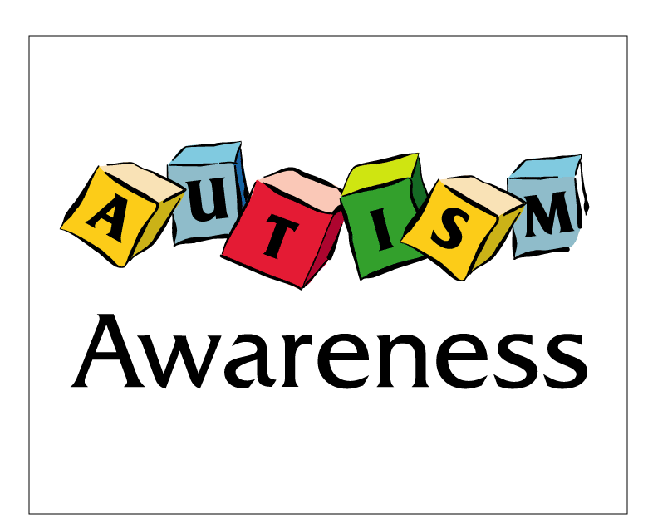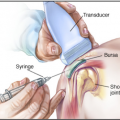According to a new study that has been conducted, pregnant women who get their labor artificially started or sped up are at a greater risk of having autistic children. Lead author Simon Gregory from Duke Institute of Molecular Physiology says that this increased risk in autism most likely comes from the pregnancy’s core problem rather than the methods which have been used to induce the labor. According to Tara Wenger, a Children’s Hospital of Philadelphia pediatric genetics fellow who wasn’t involved in the study, there is a possibility that infants who end up developing autism do not send the correct biochemical signals for the labor to progress normally.
 According to Michael Rosanoff, who also wasn’t involved in the study and the Autism Speaks’ public health research and scientific review associate director, the complications in pregnancy have been shown to cause increased risks of developmental disorders. Mr. Rosanoff further says that there have been many studies linking autism to things which can compromise a pregnancy’s health. However, researchers have been continuously studying the prenatal risk factors that cause autism due to the fact this period is vital when it comes to development of the brain.
According to Michael Rosanoff, who also wasn’t involved in the study and the Autism Speaks’ public health research and scientific review associate director, the complications in pregnancy have been shown to cause increased risks of developmental disorders. Mr. Rosanoff further says that there have been many studies linking autism to things which can compromise a pregnancy’s health. However, researchers have been continuously studying the prenatal risk factors that cause autism due to the fact this period is vital when it comes to development of the brain.
However, other studies have shown that children are at a higher risk of developing autism if the parents are old, if they are born very small or early, if their birth comes at less than one year after that of another sibling or if there under medical stress when during conception. Autism risk has also been shown to increase in cases where the mother is obese, has high blood pressure, produces antibodies toxic to the brain of the fetus, has low folic acid levels or is exposed to a significant amount of air pollution during the period of the pregnancy.
Simon Gregory however says that the findings linking induced labor to increased autism risk are preliminary and thus the women should not disagree with an induced labor recommendation from a doctor due to the fear of autism. According to co-author Chad Grotegut, a specialist in maternal-fetal medicine, induced labor can reduce the risk of still birth. Augmentation labor has also been shown to reduce the risks of post-partum hemorrhage or fetal or maternal instincts. Gregory further says that while the risk between induced labor and autism has shown consistency in studies that have been conducted earlier, the study has not yet proven that augmentation or induced labor leads to autism.
In the study that was conducted, 625,042 records of North California births were analyzed by researchers then linked to school records than showed autism diagnosis. However, these records were not specific on the autism spectrum on which the children fell. In the findings, women who had an induced labor were at a 13% greater risk of having an autistic child as compared to those who did not have induced labor. For those women who had their labor sped up, they were at a 16% greater chance of their children being diagnosed with autism. For mothers with diabetes, the autism risk was 23% and 25% for children conceived under stress. However, the study did not find any increased autism risk for those who had a C-section.
































People reacted to this story.
Show comments Hide commentsHello, just wanted to tell you, I enjoyed this article.
It was inspiring. Keep on posting!